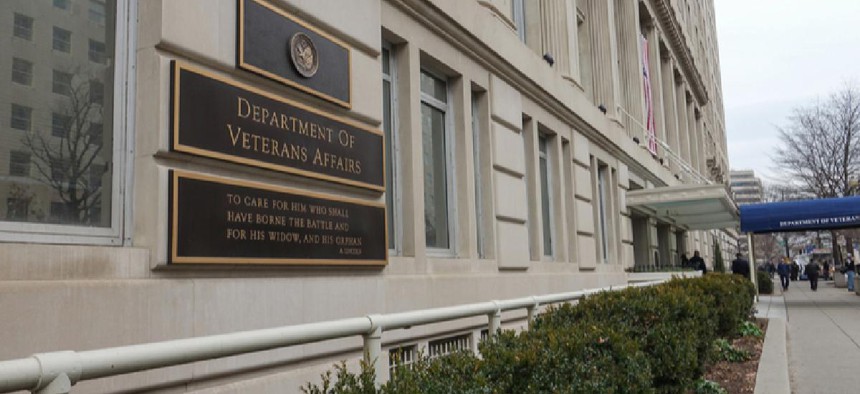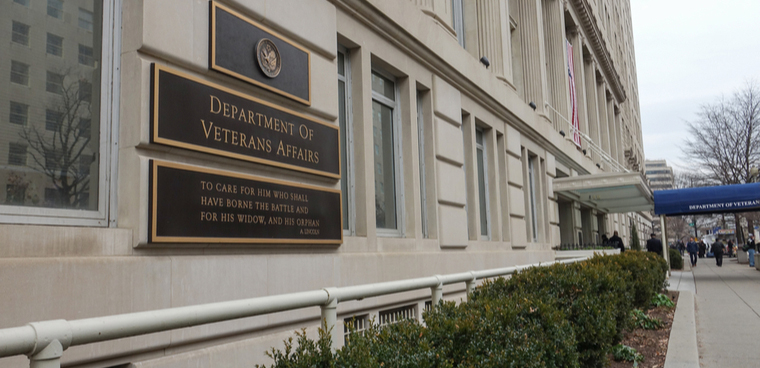VA's Byrne hints at acceleration of health record upgrade

At his confirmation hearing to take the job of deputy secretary on a permanent basis, Jim Byrne suggested that there was a path to finishing the electronic health record modernization project ahead of schedule.

A decade is a long time for an IT project. The electronic health record modernization project at the Department of Veterans Affairs implementing Cerner's commercial software across its entire hospital and clinic system has taken over 10 years and cost $16 billion.
Jim Byrne, the VA's acting deputy secretary, told lawmakers at his May 16 confirmation hearing that he wouldn’t make any promises under oath, but that it's possible the project could go a little faster.
"When we roll out the [initial operating capability], we're going to get a much clearer picture of our ability to accelerate this rollout across the country," Byrne told the Senate Veterans Affairs Committee. "Ten years is an incredibly long time."
Byrne, who was nominated to serve as deputy secretary on a permanent basis, is the senior official in charge of the Cerner project. He said that project leaders are fielding inquiries about "under-running in funding." Byrne credited the project manager John Windom, a former Navy captain who led the Pentagon's acquisition of its commercial health record system, with taking advantage of "just-in-time" purchasing to make sure that equipment isn't being stockpiled in warehouses ahead of use.
Byrne also touted ongoing efforts to modernize IT, obtain feedback from practitioners, update its scheduling system and otherwise prepare VA's workforce and facilities for the Cerner system.
"That's why we're going to have a little more success than DOD has had," Byrne said, referring to problems the Defense Department experienced in the early stages of its health record modernization.
Whistleblower lawsuit
Byrne also faced questions about a lawsuit against the VA and Secretary Robert Wilkie in which decisions made by Byrne are called into question.
The lawsuit stems from a case in which VA's Office of Inspector General found that a senior agency attorney engaged in nepotism, shared sensitive data and made false statements in the hiring of his wife.
Byrne, then VA's general counsel, didn't act on the OIG recommendations to terminate one employee and instead issued a warning, according to the lawsuit filed by a whistleblower who pursued the nepotism charges and subsequently left the agency.
Sen. Jon Tester (D-Mont.), the ranking member of the Senate VA panel, declined to hold up Byrne's nomination because of the complaint, and Byrne told lawmakers that he acted with integrity in the case and did not violate agency accountability procedures.
CORRECTION: This story was updated to indicate that Byrne is not a defendant in a lawsuit mentioned herein, which is against the Department of Veterans Affairs and Secretary Robert Wilkie.



